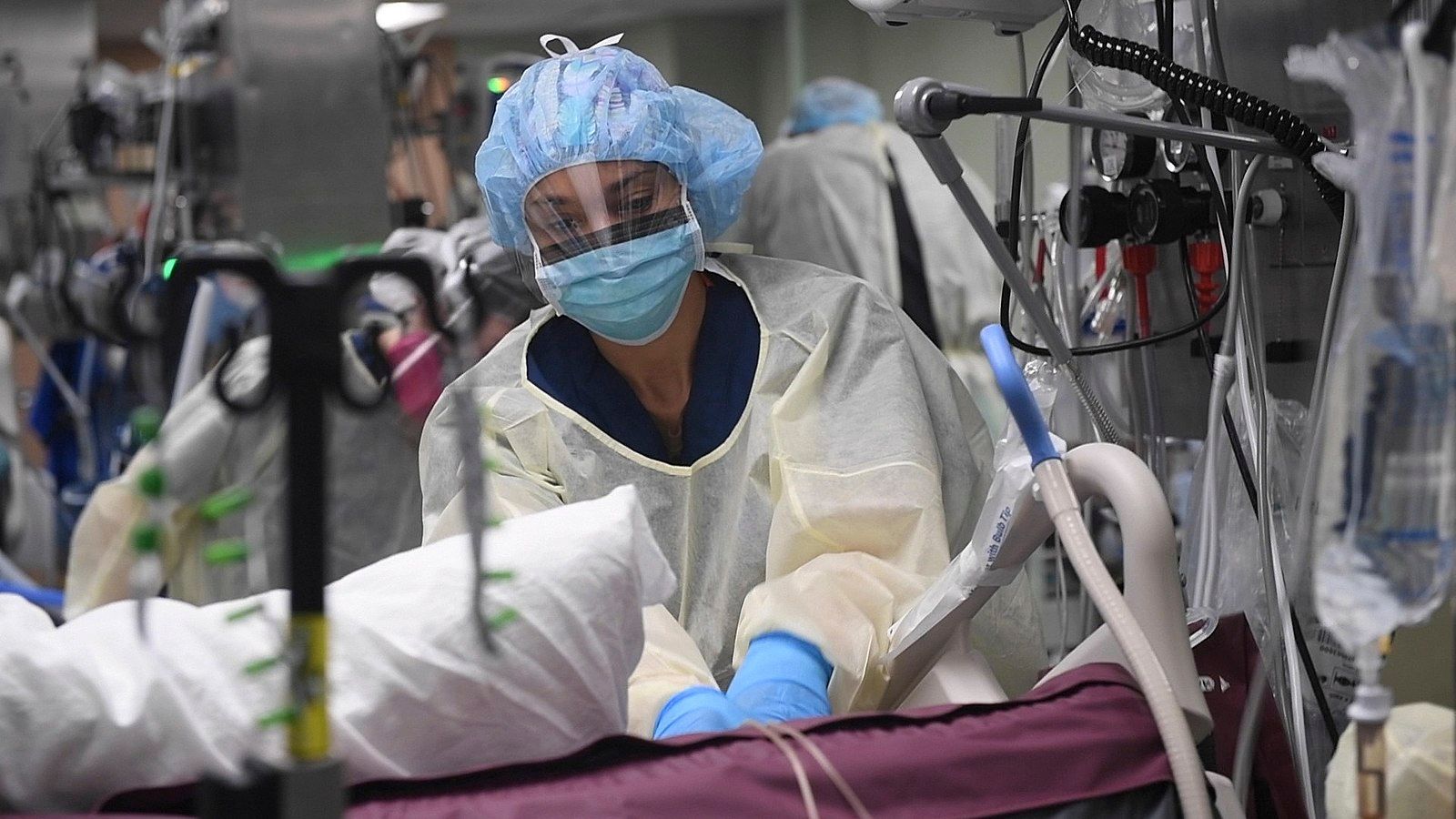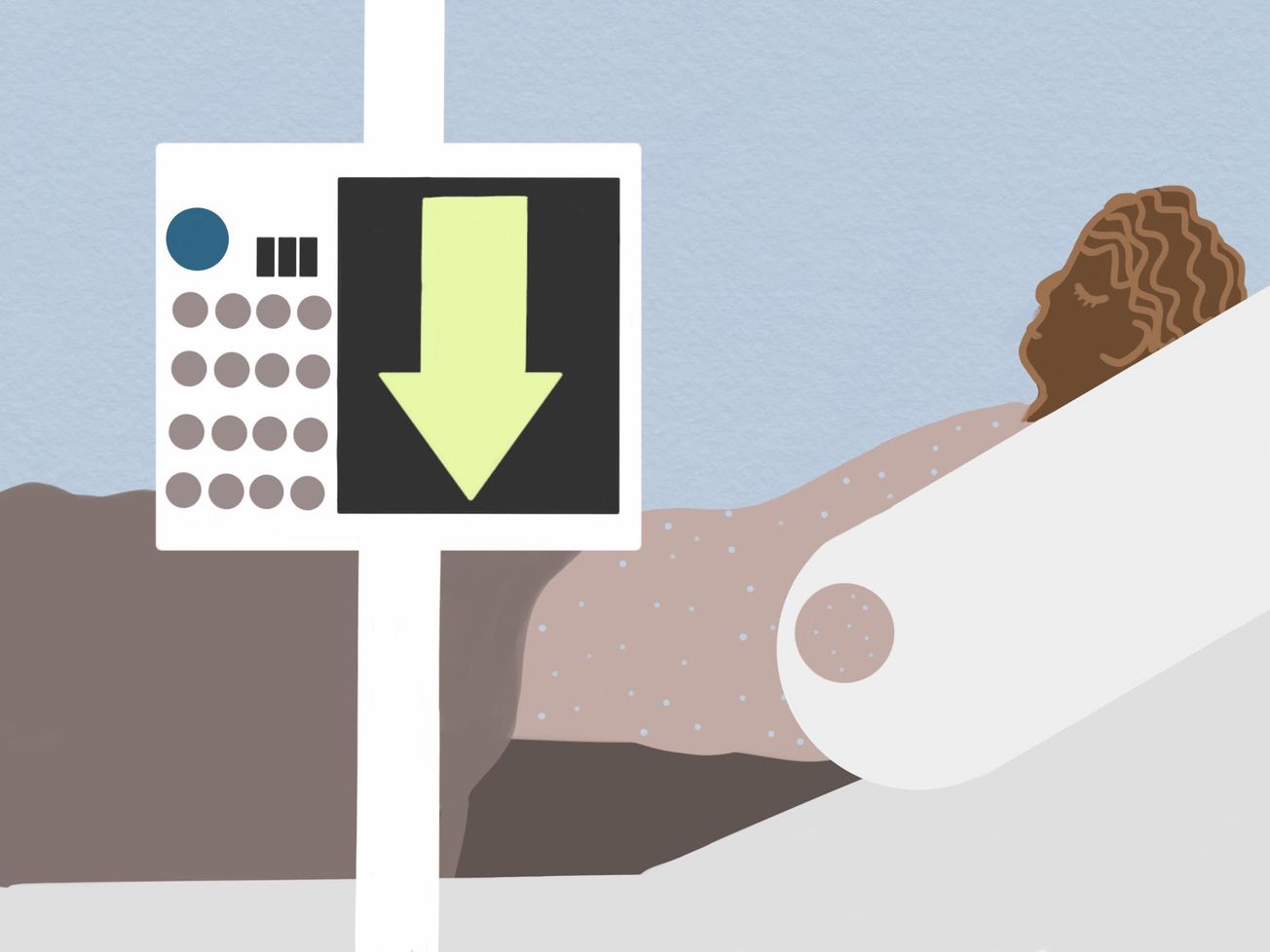By Isabel Rowbotham, MSc Translational Cardiovascular Medicine
A newly released systematic review, led by the University of Bristol and the Royal United Hospitals Bath NHS Trust, has stated there has been a significant improvement in the survival rates of Covid-19 patients admitted to ICUs. The review analysed studies from 11 countries across the globe, including USA, France, Italy, UK and China.
As the Covid-19 pandemic enters its ninth month with no definitive end in sight, there is continuing pressure to see whether global efforts have been successful in treating this novel virus.
The most severe cases of Covid-19 patients end up in intensive care, where in the UK, 20% of these spend a minimum 28 days and 9% spend longer than 40 days. There is a concern that patients admitted to the ICU with Covid‐19 have a high mortality, and longer stays are associated with poorer outcomes.
ICU stands for Intensive Care Unit and is where Covid-19 patients that require respiratory support are taken. It has been difficult to determine whether there has been any significant change in patient mortality rates, due to non-standardized methodologies across varying studies.

However, this recent systematic review and meta-analysis of observational studies has been able to answer the question on the global mortality rate of Covid-19 and its geographical-centred influences.
What influences the mortality of COVID-19 patients admitted to the ICU?
A large prospective study in the UK, during the early phase of the outbreak, identified the most common additional conditions amongst mortality cases. These were predominantly cardiac disease, obesity, diabetes, non-asthmatic chronic lung disease and kidney disease.
In the US and Italy, ICU mortality may be affected by critical care capacity and guidance on patient selection criteria. Due to the limited availability of mechanical ventilators, only the worst effected patients are selected into ICU.
Patients admitted to ICU are disproportionately sicker
The review analysed the outcome measure as death in ICU as a proportion of completed ICU admissions, compared to those discharged alive. This report did not include those alive during ICU stay and only included patients above the age of 18.
Outcomes from intensive care in patients with #COVID19: A systematic review and meta‐analysis of observational studies: https://t.co/8ahrdcfOw7
— American Thoracic (@atscommunity) July 23, 2020
The compiled data showed that mortality rates of ICU patients have dropped from above 59.5% at the end of March, to 41.6% at the end of May.
The one-third drop in ICU mortality may indicate that we are becoming more knowledgeable and effective in combating COVID-19 in infected patients
The decrease in ICU mortality could be due to progress made in treatment strategies dealing with dangerous complications. Due to the speed of the information shared, clinicians are creating better guidelines around the use of respiratory support.
Other factors may point to differences in ICU admittance seen in the early days of pandemic, where 90% of people receiving invasive ventilation died. This led to the re-evaluation of criteria for intubation and invasive approaches.
Bristol researchers and the pursuit of a Covid-19 vaccine
Bristol University researchers using nanotechnology to fight coronavirus
Despite these seemingly endless and tedious passing months, we must still be aware of the seriousness of the Covid-19 pandemic.
Professor Cook, Honorary Professor in Anaesthesia at the University of Bristol and Consultant in Anaesthesia and Intensive Care Medicine at Royal United Hospitals Bath NHS Foundation Trust, has said: ‘The in-ICU mortality from Covid-19, at around 40%, remains almost twice that seen in ICU admissions with other viral pneumonias, at 22 %.’
This may be because of differences in the disease, and the increase in pressure put on critical care units during pandemic time.
We must remain mindful of our social habits and follow the recommended guidelines of health professionals. Continue to socially distance where possible, if not for ourselves, for those who are more vulnerable amongst our global community.
Featured illustration: Isabel Rowbotham | Featured image: Wikimedia
What do you make of the systematic review into ICU mortality Bristol University has been involved with?









